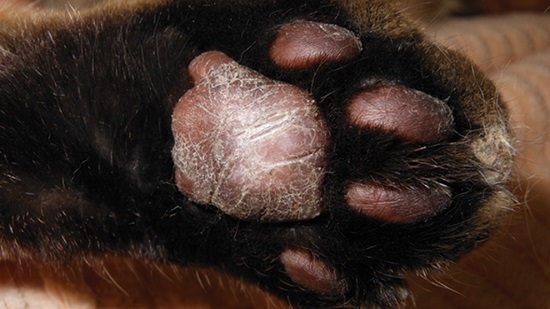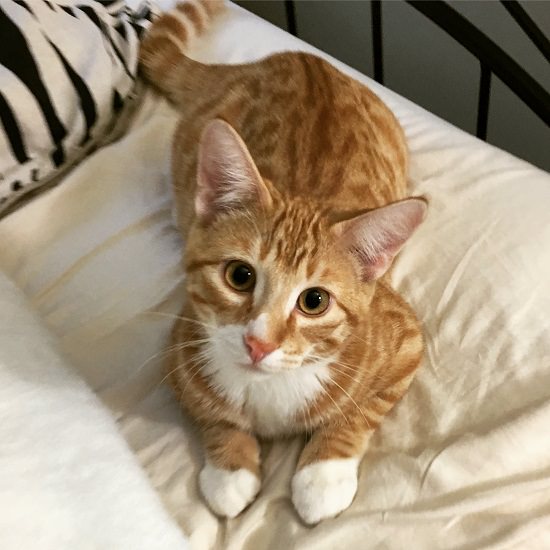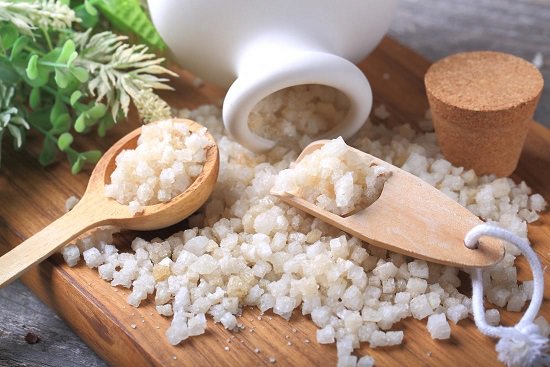If your cat has got infected with Pillow foot recently and you don’t wish to choose antibiotics, watch out for these home remedies for pillow foot in cats!
Plasma Cell Pododermatitis or pillow foot is a disease that commonly infects cats, which causes the paw pads to swell with a mushy appearance. It might not always cause discomfort during its initial stage but can develop inflammation and even ulcers if not treated in time. And then it will start causing pain and discomfort to your cat while walking and even sitting. Treatments include some antibiotics and anti-inflammatories, which will work upon the infection and cure it with regular medications. Or instead, you can try some home remedies for pillow foot in cats to combat the disease naturally! But before that, let’s look upon the factors that cause pillow foot in cats and the symptoms.
Causes Of Pillow Foot In Cats
Researchers are still to confirm the exact cause of plasma cell pododermatitis; however, they often claim it to be linked to a bad immune system. Therefore, it’s advisable to make your cat eat healthily and stay fit so that their immune system remains potent in fighting such diseases.
Since it’s a rare condition, not much research has been done on it, and only a percentage of the cats that are affected by it are recorded to die. While ‘bad paws’ don’t cause discomfort to many cats, it might be a life-threatening disease to some breeds. You should lookout for the following symptoms and work upon the treatment as soon as possible to treat the infection.
Symptoms Of Pillow Foot
While pillow foot generally attacks one paw pad, it can potentially occur in more than one pad. The early signs of it are:
- Swollen pad
- Scaly pad skin
- Prone to bleed
- Soft paw pads
- Ulcers on the paw pads
- Difficulty in walking
- Licking or Chewing of the feet by the cat
- Enlarged paws
- Bruised pads
Home Remedies for Pillow Foot in Cats
1. Immune System
This might not be a home remedy, but it’s the first thing that would shield your cat from plasma cell pododermatitis. If your cat has a healthy immune system, the disease won’t strike it in the first place. And even if it does, it would give the cat enough strength and power to deal with the virus. Therefore, feed your cat some healthy stuff and keep a check on her health from time to time.
2. Epsom Salt
Epsom salt, in general, is anti-inflammatory and is known to improve blood circulation while promoting detoxification of the body. Also, it can relive the area from severe pain or swelling, which ultimately soothes the condition. Its anti-bacterial properties will regulate the pH level and kill the growth of any bacterias that are potential of causing any infection. To use Epsom salt as one of the home remedies for pillow foot in cats, consider soaking their feet in Epsom salt foot soak daily. For the foot soak, add 2-3 tablespoons of Epsom salt in lukewarm water and let the infected paw rest in it for 10 minutes. You can choose to soak the rest of the feet to stop any infection that might be making way to grow!
3. Aloe Vera
The natural anti-inflammatory and healing properties of aloe vera can help soothe the condition while relieving pain and reducing inflammation. The healing might take time since it’s a natural alternative and not a counter antibiotic medicine, but it will surely ease the pain with every use. To apply it to the paw pad, it’s essential to wear gloves if you choose to apply it with your hands. Take a little amount of fresh aloe vera gel and gently apply it to the affected area. Let your cat not wander about until it dries. It’s crucial to use fresh aloe vera gel and not any chemical-based one as the latter might worsen the condition.
4. Apple Cider Vinegar
Apply cider vinegar is quite infamous for its ability to fight bacterias and reduce inflammation of the area it is applied to, that’s why we recommend you to use it for pillow foot. It will ease the irritation and reduce scaliness around the paws with its natural properties. Take a cup of unpasteurized apple cider vinegar and mix it with 1-gallon water and soak the paw for 15-20 seconds and let it air dry. You can alternatively choose to add a few drops of peppermint essential oil for added benefits.
Other Things To Take Care Of:
- Use cat-friendly products for floor cleaning in the house so that no further complications arise in the disease while the feline walks around. Also, regularly clean your cat’s bedding and litter to avoid any unwanted growth of bacterias or viruses!
- Keep the cats indoors and away from extreme weather conditions.
- Regularly clean the paw pads with microfiber cloth or sponge to clean scales on the skin.
- Use paper-based cat litter to minimize the amount of debris getting stuck to the pads.
Remember that these home remedies for pillow foot in cats are meant to work in less than severe conditions and if you notice the condition to worsen, you might need to visit the veteran and get it treated with antibiotics instead. Always look for any change in your cat’s behavior since it’s better to know the disease until its too late!




